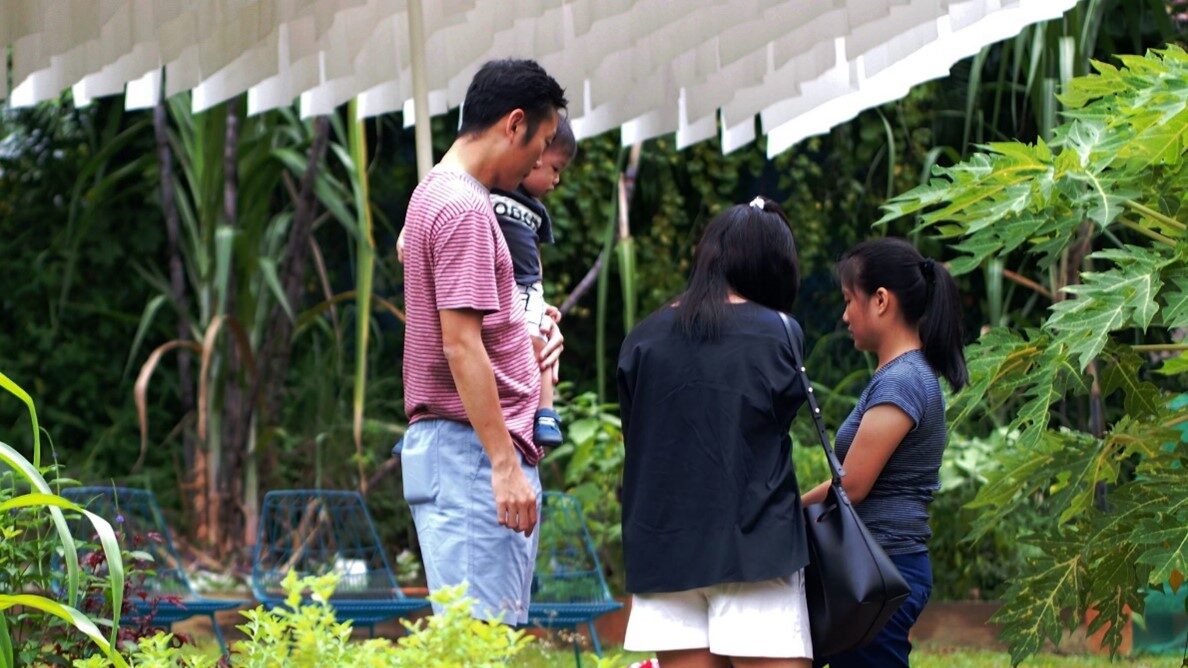Confucian Masculinity: State Advocacy of Active Fatherhood in Singapore
May 1, 2023

The Singapore government introduced one-week government-paid paternity leave on May 1st, 2013, signalling the importance of fathers’ roles and shared responsibilities for raising children. While the state seeks to promote gender equality, some argue that its portrayal of good fatherhood actually reinforces patriarchal tendencies in Singapore.
In ‘Confucian Masculinity: State Advocacy of Active Fatherhood in Singapore’ (Men and Masculinities, 2021), Dr Adelyn Lim (NUS Sociology and Anthropology) examines representations of fathers and fatherhood in the advertising campaigns of state agencies in Singapore.
Dr Lim argues that the Singapore government seeks to portray what she calls ‘Confucian masculinity’, comprising both the mental or civil (wen) and physical or martial (wu) aspects of manhood. The wen aspect carries features such as kindness and moral authority, which are compatible with the characters of an emotionally sensitive and expressive father. Moreover, the notion of sage (junzi) places heavy responsibilities upon the father of a family, who are supposed to head the household and ensure the entire family’s welfare.
Advertisements by Singapore’s state authorities exhibit traces of such conception of masculinity. Dr Lim identifies advertisement videos in which the father dominates the dialogue and moves the plot forward, but at the same time is also sensitive to the feelings of his family members and committed to resolving problems through respectful and reasoned communication.
For example, The Promise II, made by the Housing Development Board in 2015, features a grandfather moving to his son’s flat after having a stroke. The wife and son expressed displeasure for the husband/father’s decision to not send the grandfather to an old folks’ home because of extra care work and less personal space. Nevertheless, the husband/father managed to convince both of them, demonstrating his filial piety. On the other hand, state advertisements also feature scenarios in which the entire family suffers from the father’s undesirable behaviour, such as gambling and smoking.
While these advertising campaigns may serve to redress the patriarchal tendency associated with disciplinarian and taciturn familial masculinity, Dr Lim posits that the discursive construction of men’s financial and emotional control of the family may also legitimise their hierarchical superiority to women. Additionally, Dr Lim points out that all these advertisements feature married heterosexual Chinese men, potentially indicating the dominance of Chinese in Singapore’s economic, political, and social arenas.
Read the article here: https://journals.sagepub.com/doi/full/10.1177/1097184X19867389
